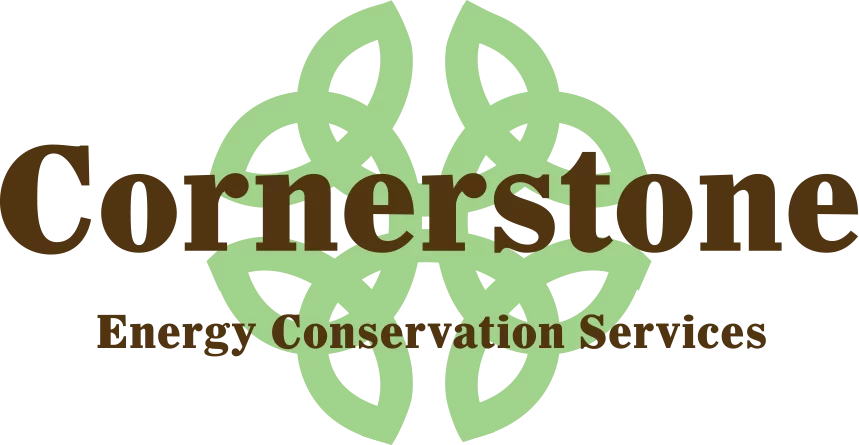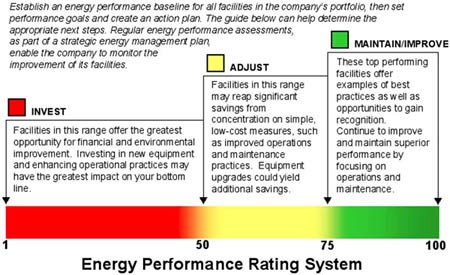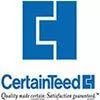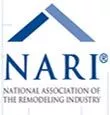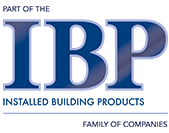- 1320 McKinley Avenue, Suite B
Columbus, OH 43222 - |Contact Us
Energy Ratings
Cornerstone is accredited through the Mortgage Industry National Home Energy Rating System Accreditation Standard. Their systems have been reviewed by either the state energy office or Fannie Mae and Freddie Mac and accredited by the Mortgage Industry Accreditation Review Committee.
Energy Ratings and Mortgages
Home Energy Ratings
Home energy ratings provide a standard measurement of a home’s energy efficiency. New and existing homes use these ratings. In new homes rating often verify energy performance for the ENERGY STAR homes program, energy efficient mortgages, and energy code compliance.
Cornerstone can help homeowners improve their home’s energy efficiency. We use energy ratings which evaluate specific cost-effective improvements. Existing homeowners receive a report displaying cost-effective options to improve their home’s energy efficiency. Obtaining an energy rating enables the homebuyer to easily evaluate the energy performance of the homes being considered.
There are two types of ratings:
Projected ratings – Ratings performed prior to the construction of a home or prior to the installation of energy improvements to an existing home.
Confirmed ratings – Ratings completed using data gathered from an on-site inspection, which could include performance testing of the home.
Confirmed ratings involve an on-site inspection of a home by a residential energy efficiency professional, a home energy rater. Cornerstone energy raters are trained and certified by RESNET (Residential Energy Services Network – an accredited home national consortium of builders, bankers, utilities and government agencies).
Cornerstone’s home energy rater reviews many items:
- Insulation levels
- Window efficiency
- Wall-to-window ratios
- The heating and cooling system efficiency
- The solar orientation of the home
- The water heating system
Performance testing, such as a blower door test, for air leakage and duct leakage, is usually part of the rating as well.
Once the data is collected, the home is scored between 1 and 100, depending on its relative efficiency. The home’s estimated energy costs are also included. The energy rating is then equated to a Star rating system:

Residential insulation helps homeowners reduce energy costs, improve indoor comfort, and enhance efficiency by properly sealing and insulating spaces with high-quality materials like fiberglass, spray foam, and blown-in cellulose.
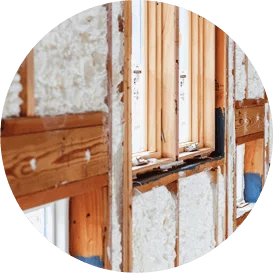
Commercial insulation enhances energy efficiency, regulates indoor temperatures, and ensures code compliance for offices, warehouses, and multi-family properties using materials like spray foam, fiberglass batts, and metal building insulation.
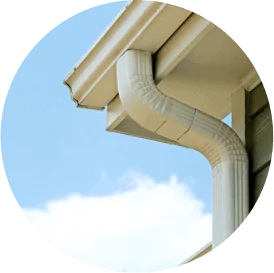
Gutters protect homes and buildings by directing rainwater away from the foundation, preventing erosion, leaks, and water damage with durable seamless systems, gutter guards, and custom installations.
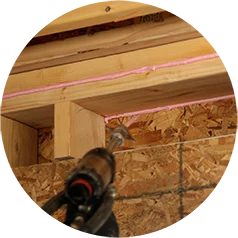
Air sealing prevents drafts, moisture buildup, and energy loss by sealing gaps and leaks in a home or building’s structure, improving comfort and efficiency while reducing heating and cooling costs.
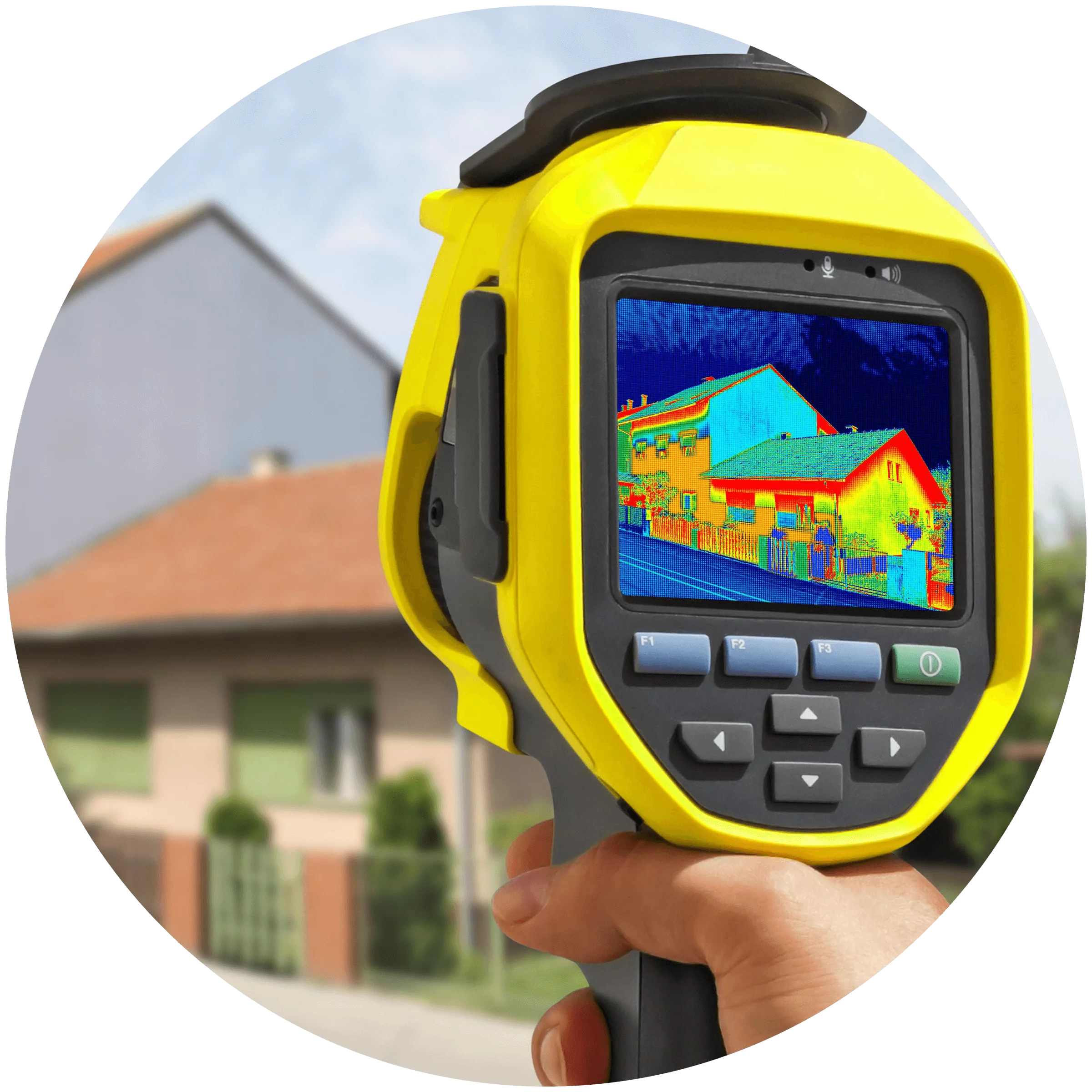
A Home Energy Evaluation identifies inefficiencies in insulation, air sealing, and energy usage to help homeowners reduce costs, improve comfort, and enhance overall efficiency with expert recommendations.
